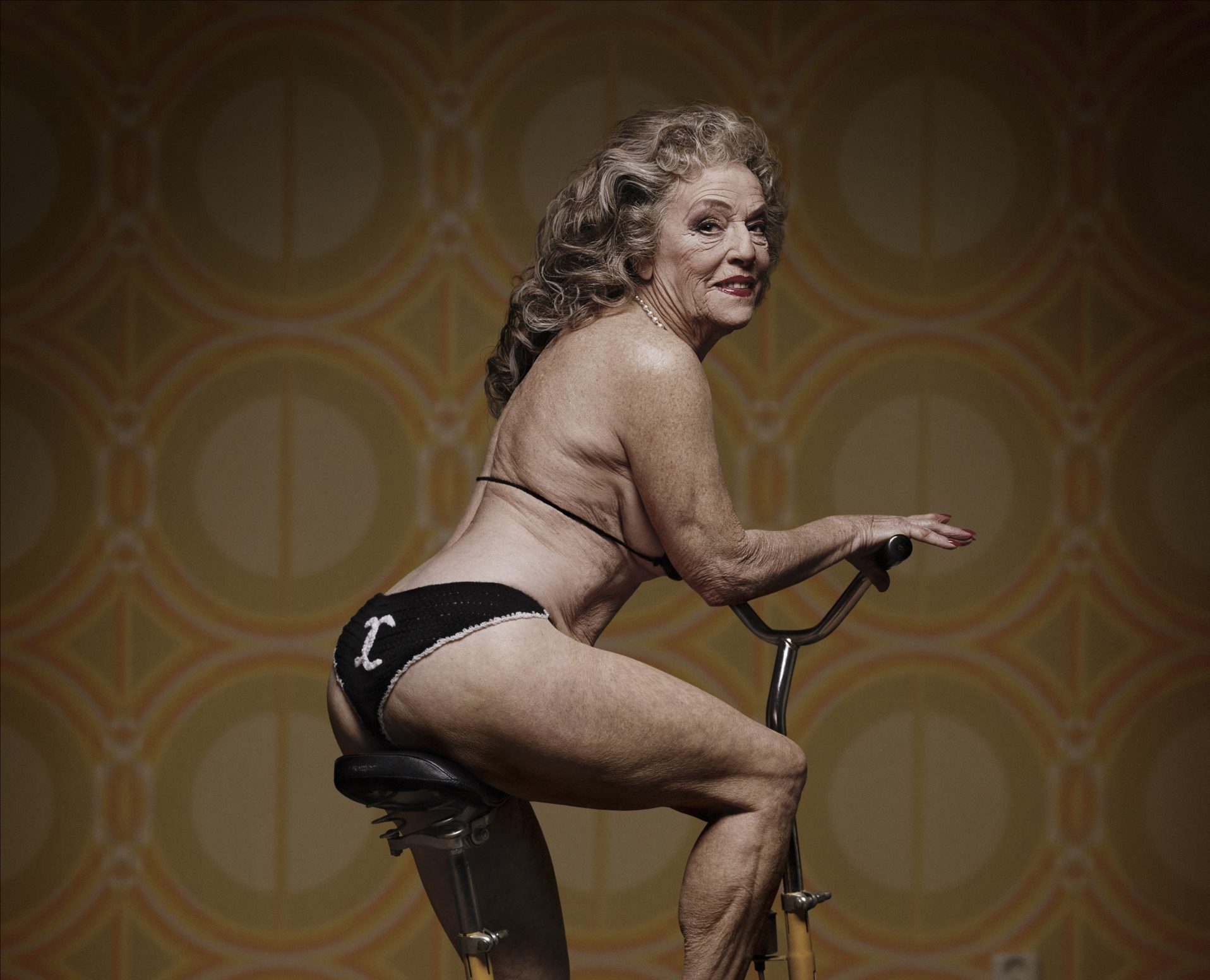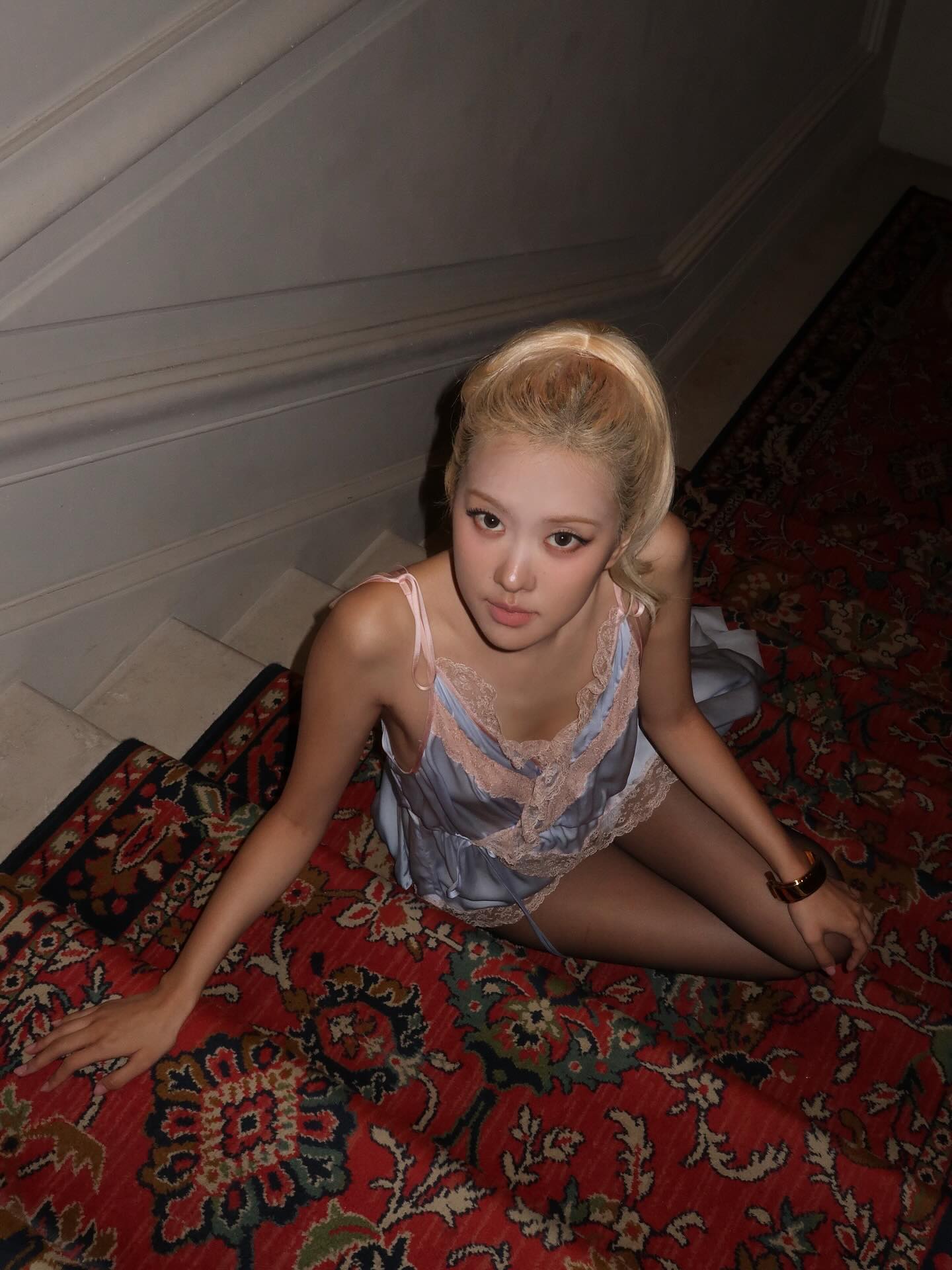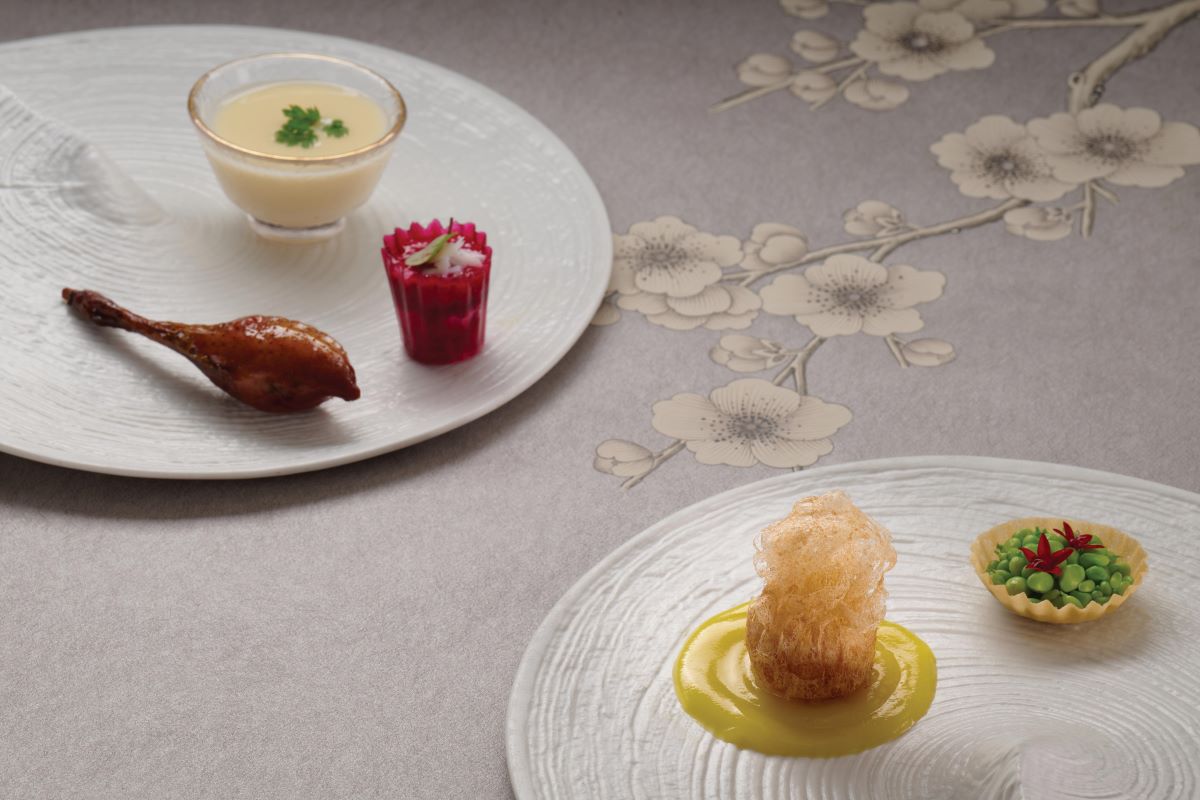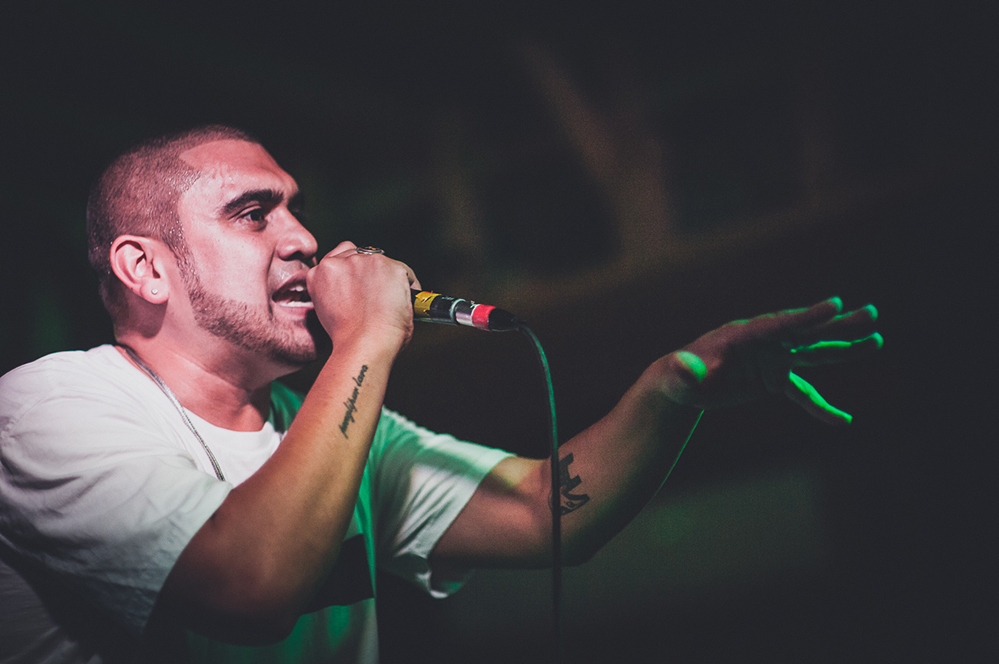
The 16th edition of the Hong Kong International Literary Festival opens today with an exciting line-up of established and emerging writers from around the world. The 10-day event will feature discussions, literary dinners, workshops, lectures and book signings.
This year, the line-up includes award-winning author and journalist Lionel Shriver, North Korean defector and human-rights activist Hyeonseo Lee, Shelly Byrant, Lawrence Osborne and Omar Musa.
Here, we speak with Omar Musa about slam poetry and his debut book Here Come The Dogs in anticipation of his two upcoming events with HKILF. Musa will be performing with the Peel Street Poets on November 9, taking to the stage to share his work and speak about his journey as a poet. On November 11, Musa will be giving a talk about his career and how issues of race, class and identity fuel his writing.
What attracted you to slam poetry? When did you discover the power of verse?
I was drawn to its living, breathing immediacy: there seemed something very powerful but beautifully ephemeral about how direct it was. I discovered the power of verse at an early age. My father was a poet in Malaysia and my mother loved poetry. I remember her even reading me poems before bed sometimes when I was a child.
What inspired you to write your first book Here Come The Dogs? Do you draw from personal experiences?
I definitely drew from personal experiences, but I do not think that the book is confessional or autobiographical. If I drew on my own experiences, it was to make a broader point about Australian society, masculinity, race relations or powerlessness. I was inspired to write the book by an image: that of black ash falling from the sky after a bushfire. Thematically, I wanted to explore the Australia I live in, one of unease and simmering tensions, but it all started with that one image.
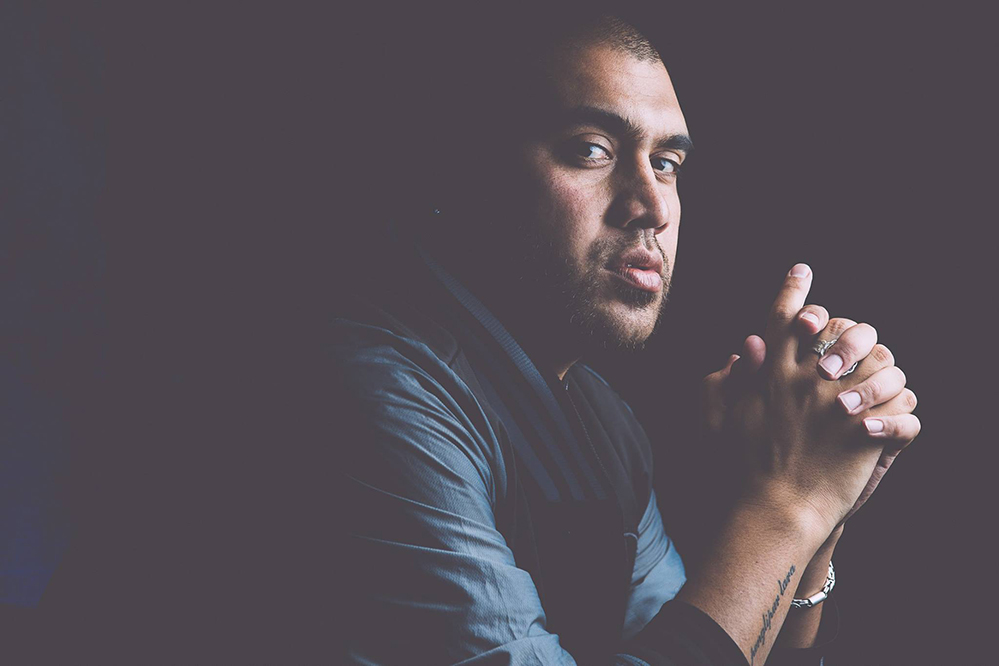
You touch on race and identity a lot in your books and poetry. Is this a subject you feel needs to be talked about more often, in Australia and even in Hong Kong?
We definitely need to talk about it in Australia and I suspect, in every country. We all have our problems with race and class, they just manifest themselves in different ways. In Australia, I believe we often suffer from apathy, amnesia and wilful ignorance, which means that a lot of the time we are scared of talking about the dark side of our society or history, that which makes us uncomfortable, when in fact these are the very things we need to interrogate if we are to advance as a society.
In the book, you chose to switch between verse and prose. What are the benefits of writing in both?
I was hoping that I could mimic the effect of different camera lenses: up close, panoramic, over the shoulder tracking shots. I wanted to make the book cinematic and this constant mode switching seemed to achieve the effect I was looking for. It took a lot of trial and error to come up with this style. At first it was all going to be in first person verse.
What do you hope people will gain from reading your book?
I hope they question their assumptions about Australia and about young men in Australia who are often demonised or ignored. I hope they enjoy the frenzied whirlwind of beauty and horror I tried to create.
HKILF runs from today until November 13, 2016. Tickets to Omar Musa’s talks and other events are available on festival.org.hk or call 2877 9770 for more information.



